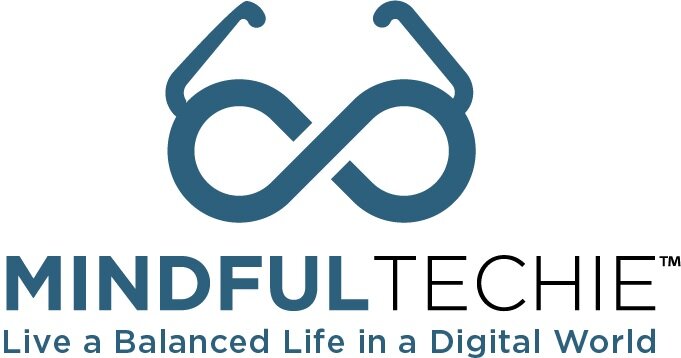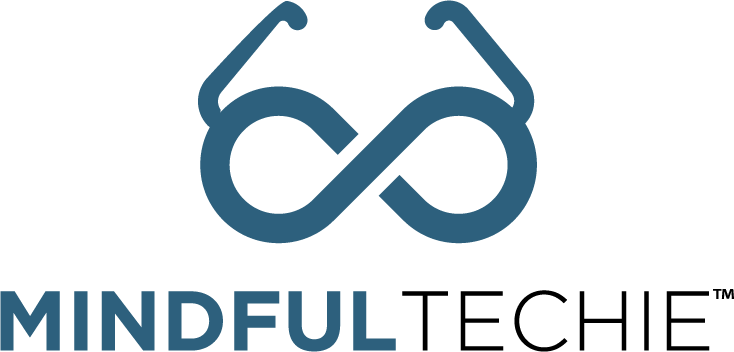What Is Intention Deficit Disorder (And What to Do About It)?
We’re working longer, harder, and spending more time than ever in meetings and connected to our devices. We're more exhausted, but we're not necessarily more productive.
But being booked and busy doesn't mean you're being productive or focusing on things that really matter.
If you've found yourself being non-stop busy, but question whether you've really moved the needle on the important things, you may be experiencing intention deficit disorder.
Many of us have heard of ADD or ADHD. But IDD—Intention Deficit Disorder—may be less familiar.
What is Intention Deficit Disorder (IDD)?
It's a disorder I frequently see with the clients I help who are going through the motions of life without knowing why.
The hallmark signs are:
Consistently living on autopilot and out of alignment with your core values.
Taking action without meaning or purpose.
Being busy without a clear intention in mind.
For many of us, IDD begins when we wake up in the morning. Even before rolling out of bed or greeting our partner, we may be up checking emails, responding to text messages, scrolling through social media, and going through our mental checklists for the day.
Then, we rush to our laptops and spend most of the day in a perpetual state of distraction. By the time work ends (and it never does really), we’re exhausted from non-stop meetings and sitting behind a screen all day. We have little, if anything, leftover for our loved ones. And when we finally fall asleep, our devices are right there beside us.
Yes, you may be busy. Your inbox may be overflowing. And your calendar may be full of important calls. But being busy doesn't mean you're being productive or making a positive impact.
What to Do
If you’re struggling with IDD, one simple solution is to:
Focus on OUTPUTS (e.g. clients served, funds raised, projects completed) instead of INPUTS (e.g. number of emails sent, meetings attended, hours worked).
What outputs are you measuring this week to determine if you're busy or productive?
The not-so-simple answer requires you to answer what I believe are the most important questions anyone could ponder, which are:
At the end of your life, what will be your lasting impact and legacy?
What changes must you make to lead a life aligned with the legacy you want to leave behind?
I believe there’s nothing more important than taking time to ponder your life’s intention or why you wake up every day.
For me, it’s very simple: I desire nothing more than to be the best partner and father I can be, and to support changemakers like you in living their best lives while making the world a better place.
Everything I do in life and work is guided by this intention.
Your Homework
So, your mission, should you choose to accept it, is to put away the devices, step away from work, and make an appointment with yourself within the next seven days to reflect on your life’s intention.
This small change won’t make all the distractions in your life suddenly disappear, but it will support you in more effectively managing them when they do pop up.
Ready to take the next step? Grab the free Mastering the Art of Work-Life Balance in a Digital World Workbook + Personal Technology Audit.

